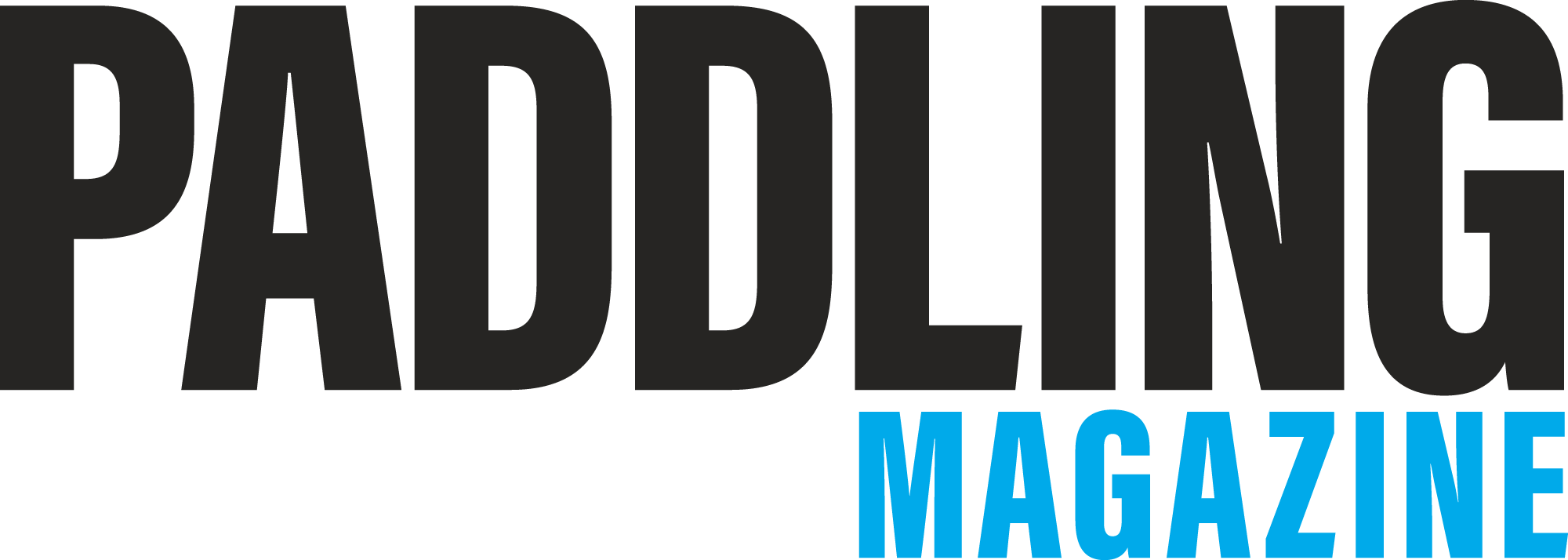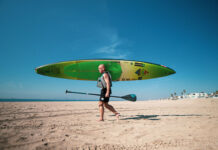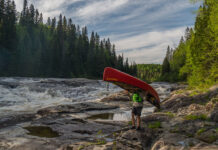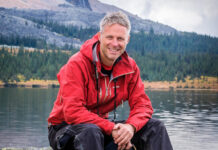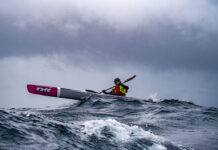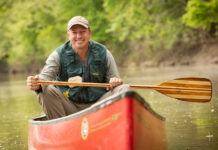Michael Shoreman had been paddleboarding for a decade when he went out on the Toronto waterfront on a late October afternoon three years ago.
“It was the end of the season, and so I went out to take it all in,” he says. “It’s quite something when you are on the water, looking at the city, knowing it’s busy and full of noise and you are out there watching the birds and wildlife. It’s such a relaxing, therapeutic experience.”
Sounds pleasant, but Shoreman remembers the outing well because it was his last before being struck by an illness and hearing from doctors he would never stand on a paddleboard again.
That November, the dormant chickenpox virus from his childhood reared up in the facial nerve near his right ear. Called Ramsay Hunt syndrome, the condition can be debilitating, causing facial paralysis, vertigo, speech impediments and, crucially, a loss of balance. Shoreman’s case was misdiagnosed at first and he missed vital early treatment. His life was turned upside down, with plenty of uncertainty about when, or if, it would right itself.
The following April, doctors told him there would be permanent damage because the outbreak was not caught early, causing a greatly diminished sense of balance. Shoreman’s mind immediately went to paddleboarding.
Shoreman hadn’t been just a casual paddleboarder. The sport was the rail on which his social life pivoted and it provided his livelihood. He had fully dedicated himself to it five years earlier while on a trip to India.
“I was in Varanasi, a very holy city, where people come to say goodbye to their loved ones. The sun was going down and people were setting candles alight and floating them out on the river on lotus flowers.”
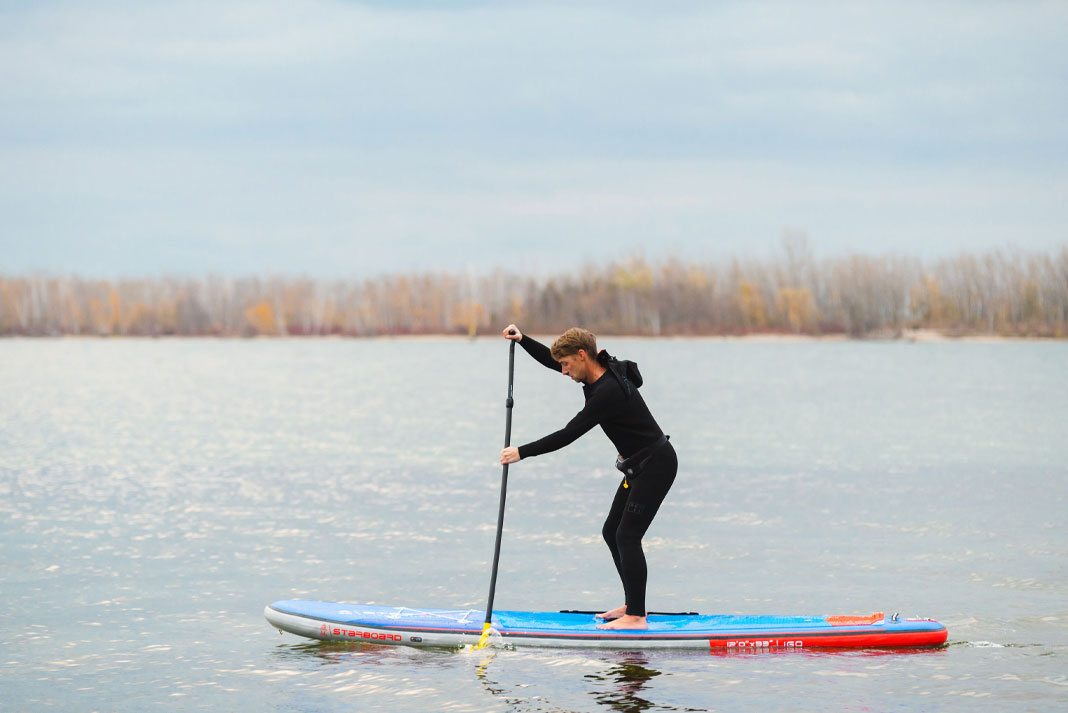
Shoreman describes it as a lightbulb moment. “I thought to myself, ‘I want to light up the water with people back home.’”
He started a business getting new paddleboarders on the water to enjoy the skyline at sunset.
His business grew rapidly over the next three years. How many thousands of people he introduced to the sport, he can’t begin to guess.
Then, what he describes as a tsunami hit him from behind and upended everything.
Shoreman says he felt like he was drowning in the new reality of being physically impaired, with the apparent loss of his pastime, support network and livelihood. That winter and spring were filled with despair. He didn’t even want to be seen in public as he attempted to rehabilitate and come to terms with his new limitations.
“When the sun hit my face out on the water, I felt home again.”
The following May, he got an email from the Canadian Safe Boating Council, asking him to do the media demonstration for an upcoming on-water day. In years past he would have done it as a matter of course. This year, he assumed he had to say no. But he called them back a few days later and asked if he could oversee friends who would do it in his place, keeping him involved, to a degree.
Shoreman remembers thinking, “I have to reach for this lifeline and start to say, ‘yes.’”
At the end of the day, it was just him and his two friends on the beach. One asked if he would try to float on the board. He lasted three minutes sitting on the board, an effort that exhausted him.
“When the sun hit my face out on the water, I felt home again,” says Shoreman. “I knew this wasn’t the end.”
In fact, it was a beginning, of a sort.
“Saying ‘yes’ that day brought me back to the surface,” says Shoreman. “I realized, every time you say yes, the next time gets easier.”
It’s a lesson he took to the stage, entering and winning Speaker Slam, Canada’s largest inspirational speaker series. His speech has since been viewed more than four million times and spawned a “Paddles up!” social media meme that saw thousands of paddleboarders from all continents raise their paddles in his honor.
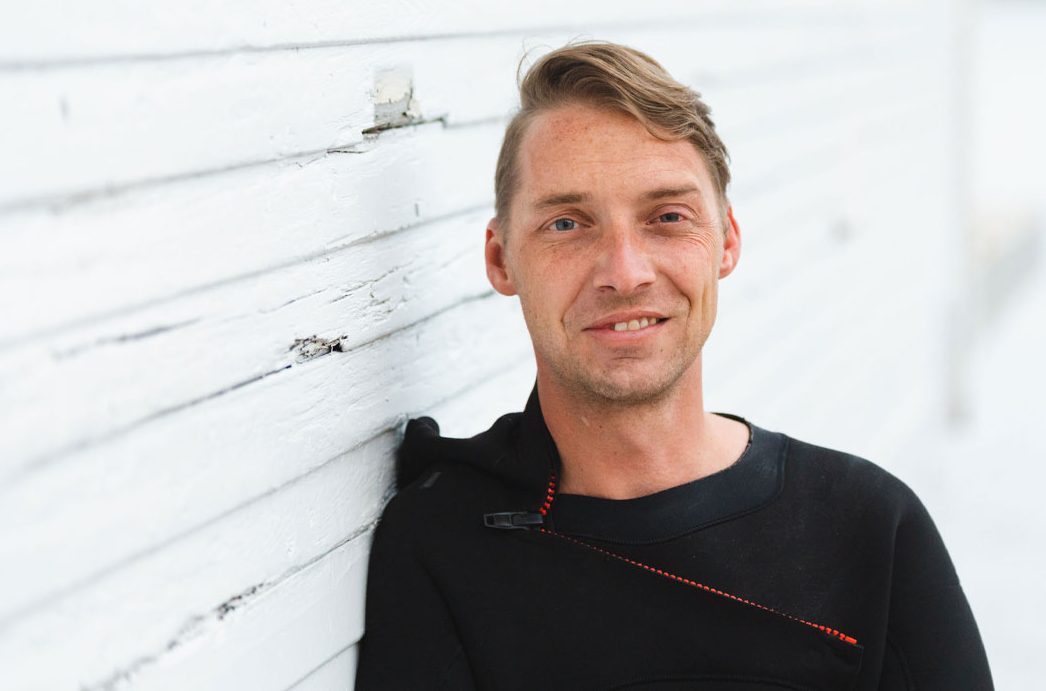
Shoreman is now able to stand on a board again—for about 15 minutes at a time. He says he almost did a pivot turn last summer, and while he knows his abilities will never be what they once were, he’s grateful for where he’s gotten.
His condition won’t let him reopen his business and participate in the sport the way he once did; it’s too exhausting for him. Instead, he’s directing his efforts toward leveraging his newfound fame into trying to make paddleboarding into a more inclusive and accessible sport.
“Like it or not, I’ve become a recognizable face, the unbalanced paddleboarder. My face can be used for good if I can make paddleboarding more accessible for people who haven’t had access.”
Shoreman is an ambassador for advocacy and mental health organizations and part of a new Paddle Canada advisory board for adaptive paddling for people with different abilities. He’s speaking with instruction and business associations and others in the paddleboarding industry, asking, “How can we make it as accessible as possible? What adaptations need to be made in gear, in programs?”
He’ll still go to the beach, maybe less often. But when he does, he hopes he sees operators set up on beaches with equipment and skills to offer paddleboarding to people who never thought it would be possible for them.
Because Shoreman believes, now more than ever, that “Everyone should have the opportunity to light up the water.”
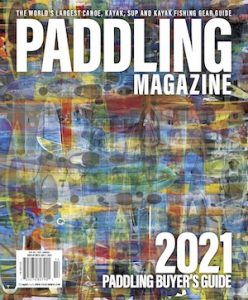 This article was first published in Paddling Magazine Issue 63. Subscribe to Paddling Magazine’s print and digital editions here, or browse the digital archives here.
This article was first published in Paddling Magazine Issue 63. Subscribe to Paddling Magazine’s print and digital editions here, or browse the digital archives here.
“When facing rough waters, we have two options: sink or swim,” writes Mike Shoreman in his new book, Crash and Rise: From Victim to Thriving Survivor. | Photos: Gillian Foster

